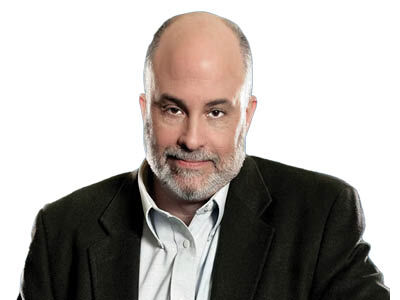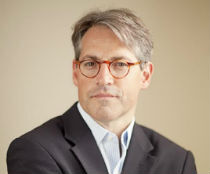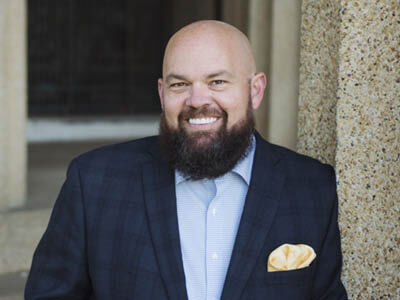They said it: Leaders at the UN, in their own words
News > Politics & Government News

Audio By Carbonatix
7:39 PM on Thursday, September 25
By The Associated Press
UNITED NATIONS (AP) — Many leaders saying many things about many topics that matter to them, to their regions, to the world: That’s what the U.N. General Assembly invariably produces each year.
And each year, certain voices dominate. Here, The Associated Press takes the opposite approach and spotlights some thoughts from leaders who might have not captured the headlines and airtime on Thursday, the third day of the 2025 General Debate.
___
“Refugee-hosting should not become a debt bargain. Uganda should not be expected to borrow money to care for a displaced population fleeing conflict.”
— Jessica Alupo, vice president of Uganda
___
“Millions of lives have already been lost during the COVID-19 pandemic. We therefore cannot afford to lose any more to conflict.”
— Mswati III, king of Eswatini
___
“In Palau, we have a saying: ‘Ng di sengsongd e mrecherchii a klengoes’ —'small twigs banded together can bring a pot to boil.' This wisdom reminds us that even the smallest among us, when united and determined, can drive meaningful change.”
— Surangel Whipps Jr., president of Palau
___
“Because they usually bear the brunt of unrests, women must always participate in discussions on conflict and peace.”
— Mohammed B.S. Jallow, vice president of Gambia
___
"In case you’re thinking, ‘There goes another European who only wants to talk about European problems,' let me assure you: That is not the case. If the U.N.'s 80 years have taught us anything, it’s that all the big issues are closely interlinked."
— Dick Schoof, prime minister of the Netherlands
___
___
“Small states are not inherently small. Our sovereignty is equal, and our responsibilities are the same. Leadership is not the loudest voice in the room. It is the clearest voice for justice.” --
— Julius Maada Bio, president of Sierra Leone
___
“Rules shape behaviors to which the vast majority of international actors adhere. Even when they are breached, they provide a basis for accountability and enforcement. Rules are the voice of reason used in international relations. They are the best defense against the rule of the strongest. A world without rules is uncharted territory. A time without rules is returning to the Middle Ages.”
— Don Felipe VI, king of Spain
___
“Institutions rarely fail because they lack vision or ideals. More often, they drift into irrelevance when they do not adapt, when they hesitate to act and when they lose legitimacy. To remain relevant, institutions must be re-imagined, reformed, renewed, and aligned with emerging realities.”
— William Ruto, president of Kenya
___
“Brutality prevails. We simply cannot let this go on.”
— Alar Karis, president of Estonia
___
“Peace is more than silencing the guns. It requires preventing new wars and breaking the cycles of violence from the past.”
— Zoran Milanović, president of Croatia
___
“The United Nations must be a genuine unity of nations…. We are all really better together.”
— Jennifer Geerlings-Simons, president of Suriname
___
“Our international order is being slowly eroded by the irresponsible actions of those who should know better. The world is turning into a much more dangerous place. We have seen this before.”
— Gitanas Nausėda, president of Lithuania
___
“Not for the first time, developments on the ground have made me question the worth and utility of words in capturing the magnitude of the crisis. Yet, not speaking about it would signal acceptance of the situation and abandonment of our humanity — and that, I will not do.”
— Abdullah II, king of Jordan, on the Mideast situation
___
“K culture is connecting people all over the world … the success and spread of K culture prove that universal empathy is possible.”
— Lee Jae Myung, president of South Korea
___
“We are fighting wars that cause death and destruction when we should be fighting poverty.”
— Cyril Ramaphosa, president of South Africa












